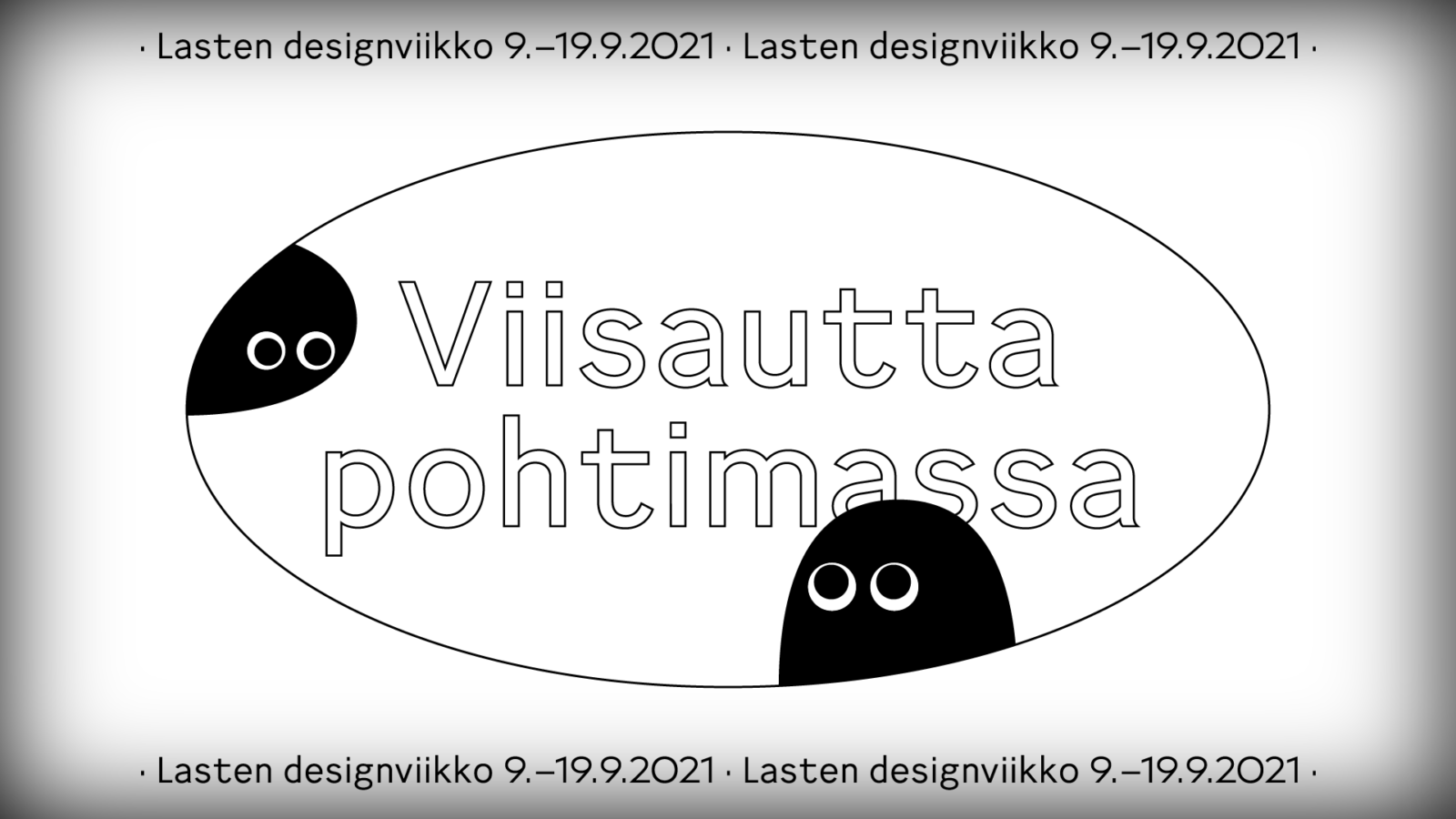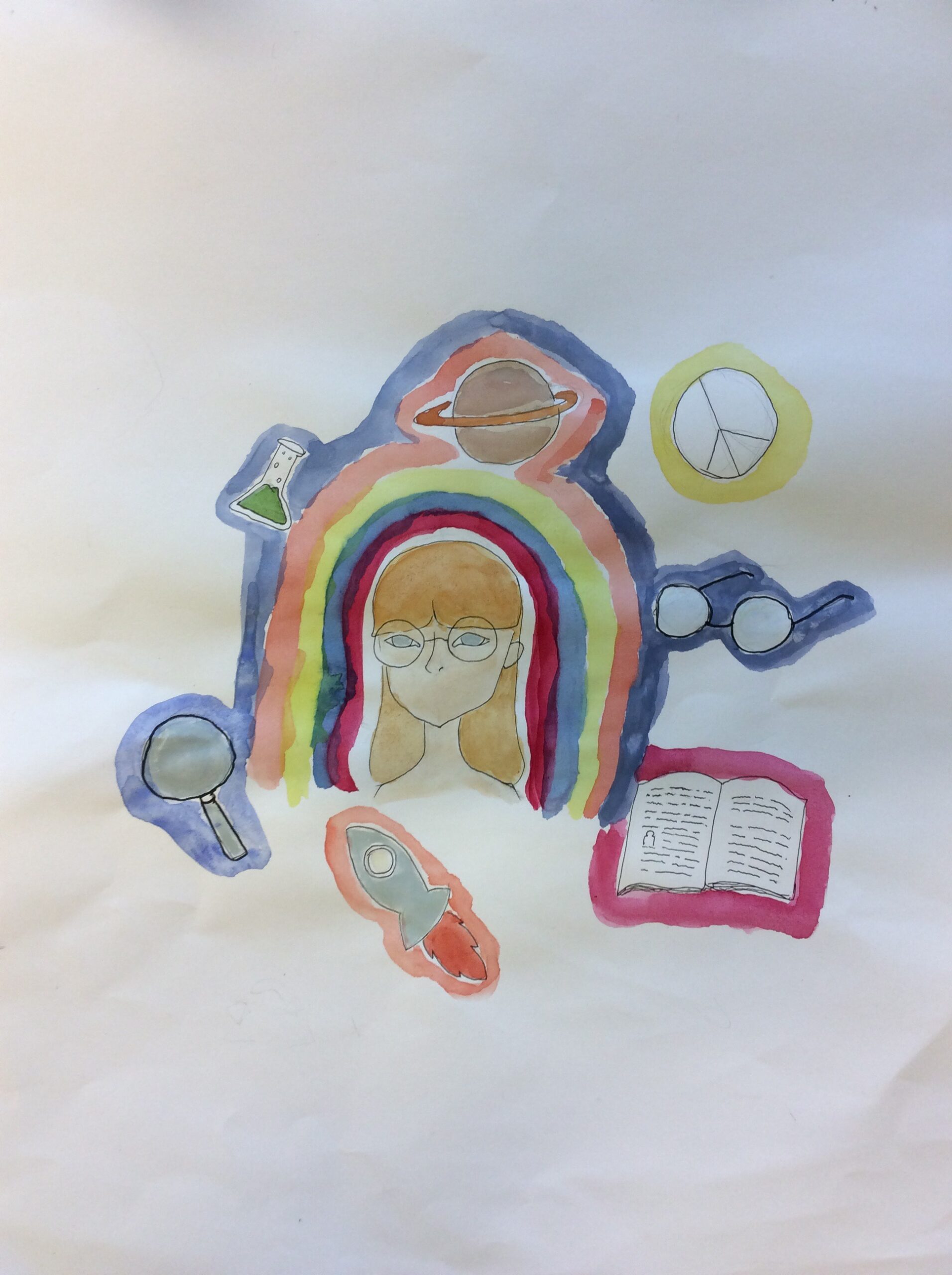
In search of wisdom
The annual theme of Helsinki Design Week is What is wise to Design Now? It is wise to try and broaden one’s perspective and to listen to those wiser than oneself. This is a Weekly series about wisdom and its many definitions and manifestations. This week we’ll read questions and answers from the 5th graders at the Arabia Comprehensive School.

Did you know that wisdom was a hot topic way back in ancient Greece? What is wise and what is wisdom, they asked. This developed into what is now a science, philosophy, the ancient Greek word for the “love of wisdom”. Ancient Greek philosopher Socrates said wisdom is to know that one knows nothing. When you realize you cannot do everything, you will want to study more. This is how wisdom grows.
We think wisdom is a way of thinking. Wisdom is when you are not focusing on what is right or wrong but contemplating the matter from various points of view. This may produce a completely new solution or an interesting idea. You may be able to make a new, wiser decision. Wisdom also entails taking care of others, no matter what species we are talking about. Pursuing wisdom could protect several animal species from catastrophies, such as climate change. It could also save our own living environment. Moreover, wisdom entails acting sensibly and justly so that others, us and everybody can have as good a life as possible and feel positive.
So, what is a wise person like? We think a wise person is supposed to make wise decisions, to respect nature and to act sensibly and justly regarding others. A wise person shares their knowledge with others, as we do in school. This allows everybody to become wise. A wise person uses their wisdom sensibly. There is one genius in every gang of criminals, at least according to comic books. But is that wisdom? Surely everybody agrees that knowledge and wisdom should not be used for wrongdoing… A wise person makes decisions taking into account others’ perspectives while making use of their knowledge and experience.

How could everybody be wise? Each and every one of us can be wise by thinking carefully of our actions, words and reactions in different situations. If you think before you do, there’ll be fewer misunderstandings. You will be able to avoid acts that make other people angry. School is an important venue for learning to be “wise” because without education your possibilities to succeed in life are weaker. Based on research, reading plays an important role in becoming wise. By reading you’ll grow your vocabulary and learn to understand a variety of things. Via books you’ll be able to access various life situations and learn to understand them. It is also important to realize that each and every one is wise in their own way, regardless of how much they know. For example, if as a five-year-old you know how much is 2+5, you are wise for your age. Wisdom is not based on knowledge alone but also on good thinking, doing the right thing and life experience. Throughout the times, before proper education existed, there have been wise people in the world.

People in ancient Greece, too, contemplated what is wise. We think it is wise to solve problems using wisdom and knowledge. If everybody followed the rules, this planet would be a better place to live on. Wisdom also entails making decisions together, by considering and utilizing everyone’s unique wisdom. This is what we do in, for example, the parliament, this article, many work places and sports. Cooperation is a way to produce many different views and ideas. It is important to make wise decisions to make the world a better place. The decisions we make now impact our future.
This article was co-written by class 5b of the Arabia Comprehensive School. To begin with, each pupil thought and wrote down a few ideas of their own on the topic on several occasions. After each independent work phase, there was avid discussion, which then led to new ideas. Eventually the ideas were bundled together and grouped per theme. To conclude, two of the pupils, Helmi Tack and Ruut Tuovinen, combined the class’s collective thinking into an article.
Arabia Comprehensive School is a composite, DBL-oriented school in Helsinki. Design-based learning (DBL) entails creative, cross-disciplinary problem solving. The DBL methods are used throughout the school subjects at grades 1–9.
Children’s Design Week is organized as part of Helsinki Design Week from 9 to 19 September 2021. We are a part of Culture Path by The City of Helsinki and a big PechaKucha for children will take place in September. Subscribe to Weekly here to become the first to know more.